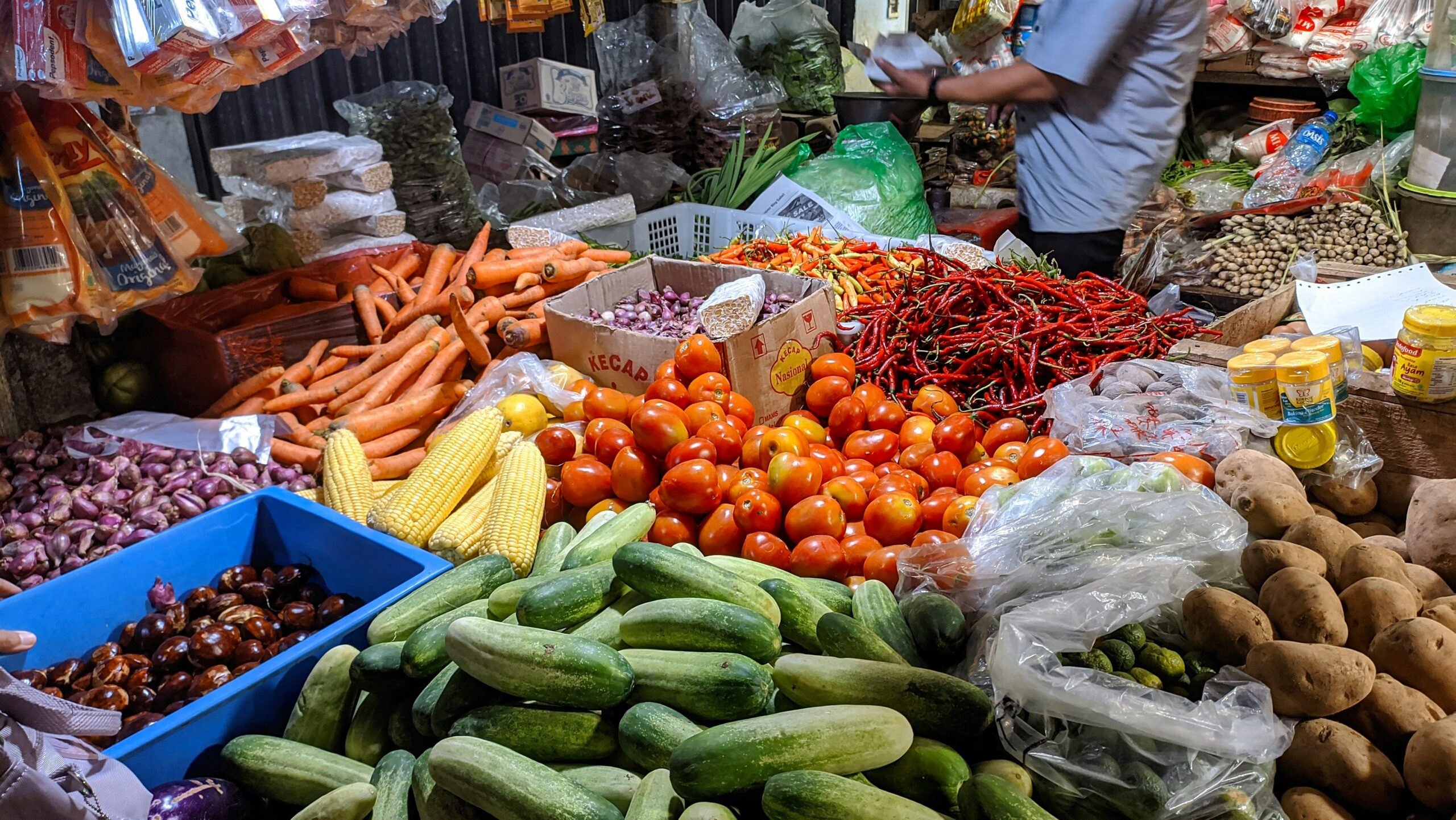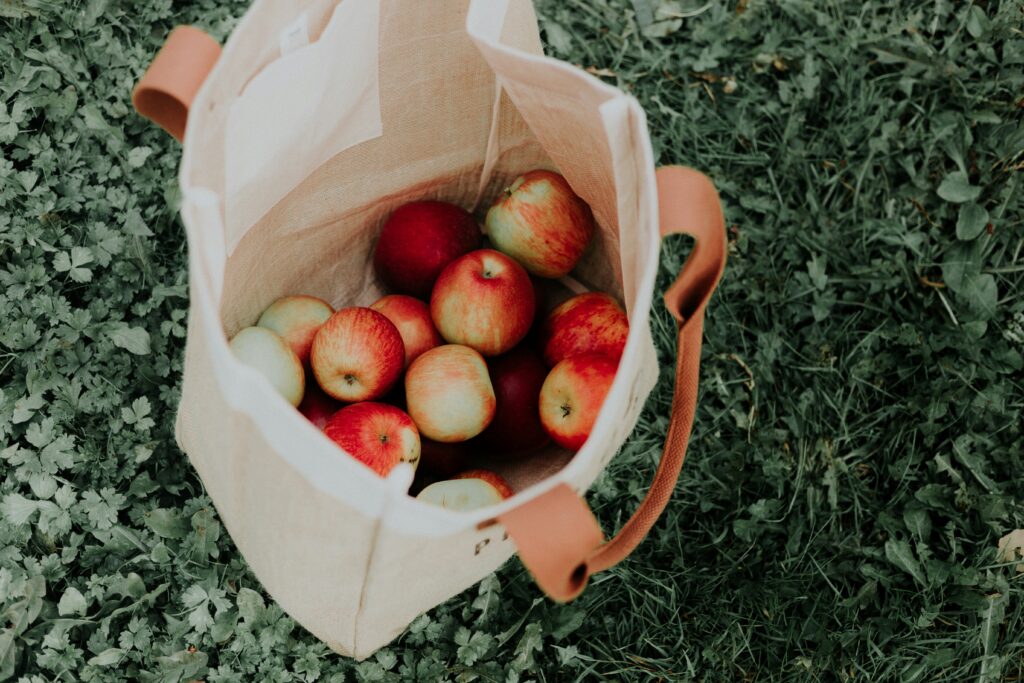
5 Tips for Creating a Zero-Waste Kitchen
Creating a zero-waste kitchen is an excellent way to help the environment by minimizing the amount of trash we produce. It’s all about making smart choices that lead to less waste, reusing what we can, and recycling properly. Let’s explore some practical steps to turn your kitchen into a zero-waste zone!
Plan Meals
One of the best ways to reduce kitchen waste is to plan your meals. This helps you buy only what you need and avoid throwing out food that goes bad. To start, make a weekly menu that outlines the meals you want to prepare. This helps you create a shopping list with the exact ingredients you need, so you can stick to your list when shopping and avoid buying items on impulse.

Bulk Purchases
Buying in bulk is another great way to save money and reduce packaging waste. Instead of getting individually wrapped products, try purchasing larger quantities of foods like:
- Rice
- Beans
- Nuts
- Pasta
- Grains
- Spices
Many stores allow you to bring your own containers or bags. Just make sure they are clean and weigh them before filling, so you’re not charged for the container’s weight. Look for stores that offer a wide variety of bulk items, as they often have many things that you can buy in bulk.

Minimize Packaging
Reducing packaging waste is a big step towards a zero-waste kitchen. Choose loose produce instead of fruits and vegetables wrapped in plastic. Use reusable produce bags or put them straight into your cart. Opt for refillable products as some stores offer refills for items like vinegar and cleaning products. By bringing your own bottles to refill, you can greatly cut down on single-use packaging.
Composting
Not all food waste is avoidable, but you can keep it out of the landfill by composting. Composting turns food scraps into valuable fertilizer for gardens. Set up a compost bin, which can be a small container on your countertop or a bigger bin outside. Your compost bin can include:
- Fruit and vegetable peels
- Coffee grounds
- Eggshells
Opt for Reusable Items
Replacing disposable items with reusable ones is another effective way to cut down on waste. Use cloth napkins instead of paper napkins, which can be washed and used again. Store leftovers and dry goods in glass jars instead of plastic containers or bags. Beeswax wraps are a great alternative to plastic wrap for covering bowls or wrapping sandwiches.

Creating a zero-waste kitchen is all about making small changes that reduce your kitchen waste. By adopting these practices, you can greatly lower your environmental footprint. At The Organic Snack Company, we are committed to both human health and the well-being of our planet. We produce high-quality organic foods and actively support our community, promoting greener living through initiatives like zero-waste kitchens. Embracing a zero-waste approach is not only beneficial for the environment, but can also save you money. Start making a difference today as it’s a rewarding way to contribute to a healthier planet.
